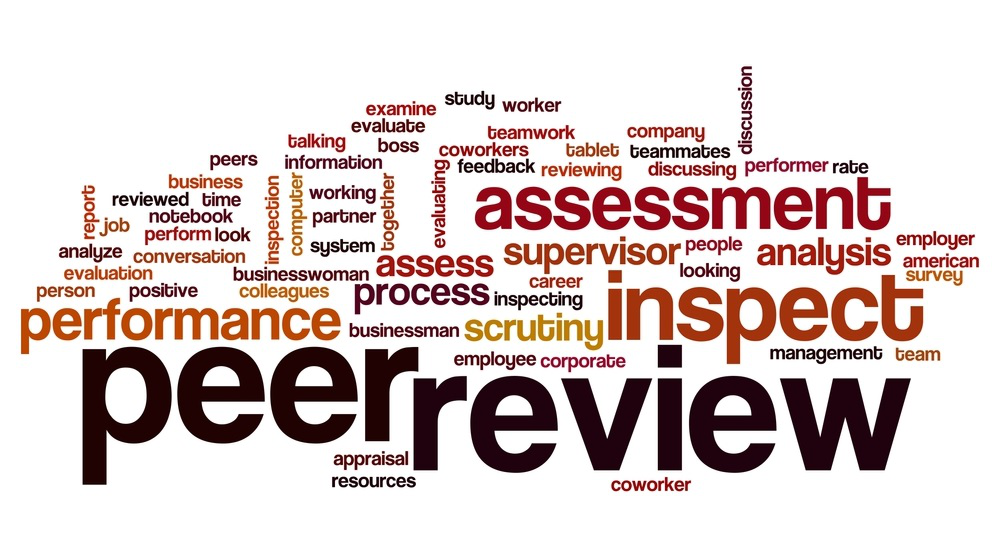Artificial Intelligence and Microservices Architecture Driving Innovation in Human Resource Management
DOI:
https://doi.org/10.69987/Keywords:
Artificial intelligence, framework design, model optimization, continuous evaluation, regulatory compliance, security and privacyAbstract
This comprehensive research article explores the transformative impact of Artificial Intelligence (AI) and Microservices Architecture on Human Resource Management (HRM). As organizations increasingly embrace digital transformation, the integration of these cutting-edge technologies is reshaping traditional HR practices, enhancing efficiency, and driving innovation. This study investigates the applications of AI across various HR functions, examines the role of microservices in modernizing HRM systems, and analyzes the synergies between these technologies. Through an extensive literature review, case studies, and critical analysis, we explore the benefits, challenges, and ethical considerations associated with implementing AI and microservices in HRM. The research also delves into future trends and opportunities, providing valuable insights for HR professionals, technology leaders, and researchers. Our findings suggest that the strategic integration of AI and microservices can significantly enhance HR capabilities, leading to improved decision-making, personalized employee experiences, and increased organizational agility. However, careful consideration must be given to ethical implications, data privacy, and the human aspect of HR to ensure responsible and effective implementation.
Downloads
Published
Issue
Section
License
Copyright (c) 2024 Journal of Advanced Computing Systems

This work is licensed under a Creative Commons Attribution-NonCommercial-NoDerivatives 4.0 International License.











